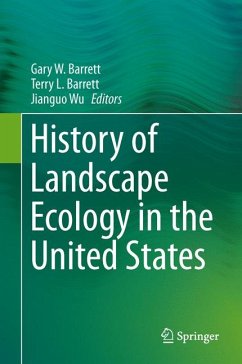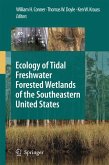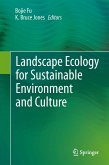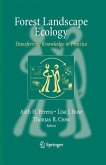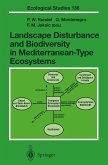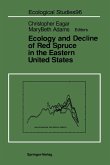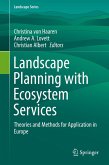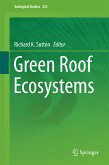There is little doubt, due to the temporal-spatial scale of this integrative science, that scholars in fields of study ranging from anthropology to urban ecology will desire to compare their fields with landscape ecology during this intellectually and technologically fertile time. History of Landscape Ecology in the United States brings to light the vital role that landscape ecologists will play in the future as the human population continues to increase and fragment the natural environment. Landscape ecology is known as a synthesized intersection of disciplines; but new theories, concepts, and principles have emerged that form the foundation of a new transdiscipline.
Dieser Download kann aus rechtlichen Gründen nur mit Rechnungsadresse in A, B, BG, CY, CZ, D, DK, EW, E, FIN, F, GR, HR, H, IRL, I, LT, L, LR, M, NL, PL, P, R, S, SLO, SK ausgeliefert werden.

